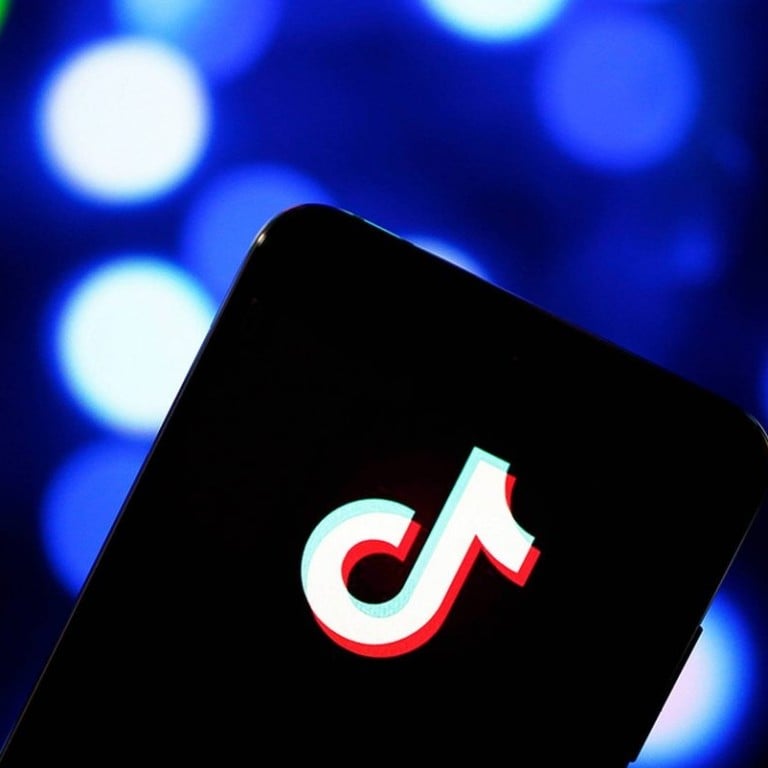Why Dior, Chanel and Louis Vuitton look to Douyin, China’s hot video app, to boost profiles

Since August, Dior has gained 282,000 followers to its posts on the platform, which attracts 250 million active daily users – 60 per cent of them women
This article was written by Yiling Pan for Jing Daily
Douyin, a hip short video app that is popular among China’s young social media users, has hit the radar of luxury marketers.
Despite some critics’ concerns that the app’s mass-facing content could diminish the prestigious image of luxury brands, that hasn’t stopped leading players such as Christian Dior, Louis Vuitton and Chanel from placing advertisements on the platform.
Christian Dior, one of the earliest adopters from the luxury sector, is highly bullish about using Douyin.
“Douyin has the user base, who are young, female-oriented with high-spending power,” a spokesperson for the French luxury brand’s China division said.
“They are the right people who luxury brands must acquire and retain in the longer term.”
The latest statistics released by Zhang Nan (张楠), Douyin’s CEO, on January 15 showed the number of daily active users (DAU) of the app had reached 250 million, and the number of monthly active users exceeding 500 million.
Previous data also showed about 60 per cent of Douyin users are female and about 70 per cent of them live in China’s top-tier cities.